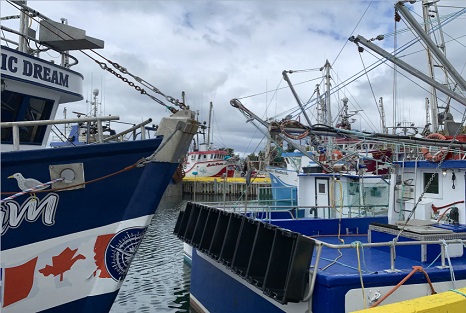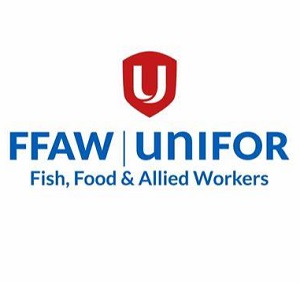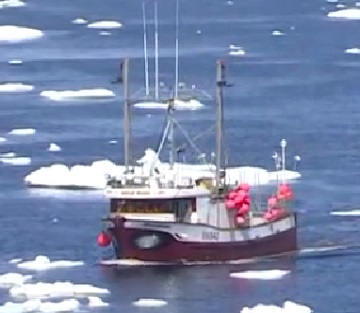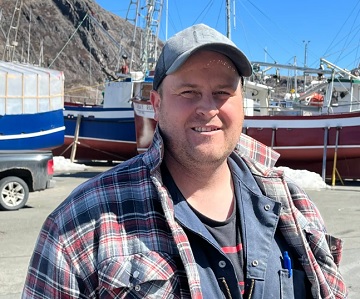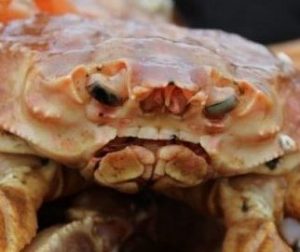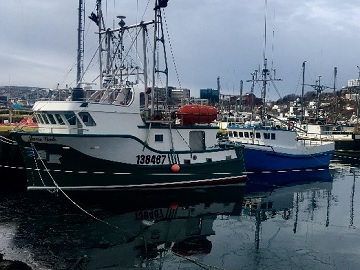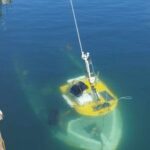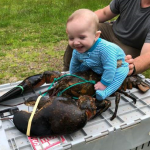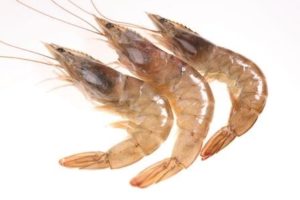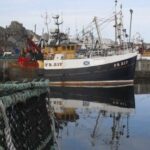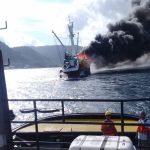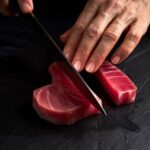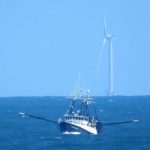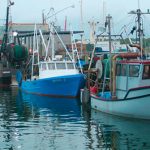Tag Archives: Association of Seafood Producers
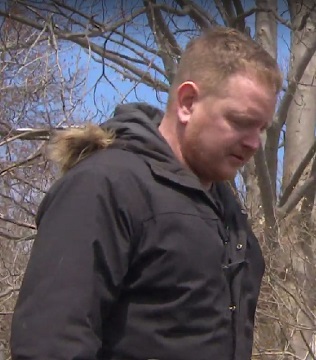
Snow crab harvesters ‘at wits’ end’ during protest outside union building – suggest fisheries minister should resign
Snow crab harvesters say their patience with the Fish, Food & Allied Workers union has run thin, and made their voices heard at a protest outside its St. John’s office Thursday. Around 100 protesters stood in the office’s parking lot to seek response from leadership, tired of a lack of updates from the union. When it was clear that FFAW leadership wasn’t going to make an appearance at the protest, fisherman Jason Sullivan addressed the crowd. “They’re the biggest bunch of cowards you ever see  in your life. They won’t come and tell us what’s going on…. They’re gonna say ‘sit tight and keep waiting and keep waiting.’ Waiting for what?” Sullivan said. “It just goes to show, you know, the complete lack of ability to negotiate on the FFAW’s behalf. I mean I wouldn’t let them negotiate my phone bill.” 2 Videos, >click to read< 17:47
in your life. They won’t come and tell us what’s going on…. They’re gonna say ‘sit tight and keep waiting and keep waiting.’ Waiting for what?” Sullivan said. “It just goes to show, you know, the complete lack of ability to negotiate on the FFAW’s behalf. I mean I wouldn’t let them negotiate my phone bill.” 2 Videos, >click to read< 17:47
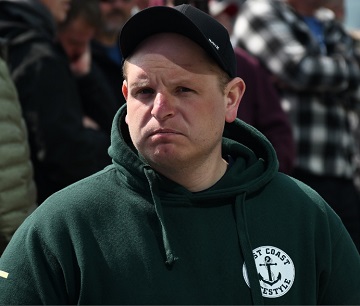
NO TO 2.20: Harvesters Protest at ASP and OCI Offices
Harvesters expressed their frustration today by protesting outside of two locations in St. John’s after the Association of Seafood Producers (ASP) walked back on their counteroffer yesterday. The two sides converged outside of the Ocean Choice International (OCI) office in St. John’s, where harvesters were clear they won’t be fishing for 2.20 per pound. “ASP may have reneged on their offer, but our organization still carried out significant consultation with members on whether it would have been accepted. The writing is on the wall: harvesters aren’t fishing unless there’s movement on the minimum starting price. Photos, >click to read the press release< 13:44

Tensions rise in snow crab negotiations as producers make talks with union public
The head of Newfoundland and Labrador’s Association of Seafood Producers is now putting negotiations with the Fish, Food & Allied Workers union out in the open, saying the union mischaracterized meetings between the two groups. The two sides met Wednesday to discuss what the FFAW called a final counter offer from the ASP in the battle for better snow crab prices for harvesters. The offer surfaced in a >news release from the union on Wednesday night<, saying it was made by the ASP. On Thursday morning, ASP executive director Jeff Loder said that statement is untrue. Now, after the FFAW’s press release, Loder says his association will be making any negotiations with the union public. >click to read< 15:14
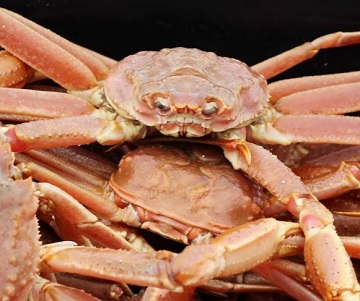
Snow crab harvesters face final offer in search of better prices
The Fish, Food & Allied Workers Union and the Association of Seafood Producers have reached what the FFAW calls a final counter offer in their search for better snow crab prices. Details were shared on the union’s Facebook page at around 9:30 p.m. NT, over two hours after a meeting between the two parties began. The proposal sets $2.20 per pound as the minimum price of snow crab for the rest of the season. There is an opportunity for increases, which would be tied to the Urner Barry Index, which dictates the market price. The proposal, according to the FFAW’s Facebook page, is as follows: >click to read< 07:55
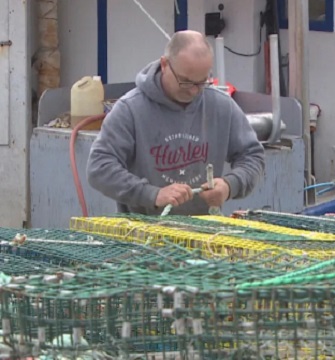
After tentative crab deal falls apart, fishermen settle in to wait for a better price
St. John’s crab fisherman Keith Boland said he and his fellow harvesters won’t accept a deal that sticks to $2.20 per pound, as decided by the provincial price-setting panel. “The $2.20 is still the major issue, and it will be, time going forward,” he said. On Friday, Fish Food & Allied Workers president Greg Pretty said a tentative deal had been reached with the Association of Seafood Producers: the $2.20 price would be locked in for the season, rather than the association requesting a lower price if the market continues to decline. But to prevent a glut of crab arriving at plants for processing, the deal would also include trip limits, with monetary penalties for fisherman who catch more than the trip limit. Calling it a union “slush fund,” Boland said fishermen won’t accept that. >click to read< 09:45
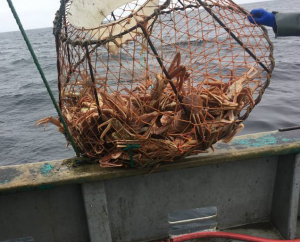
Tentative deal reached that could see snow crab harvesters back on the water
The Fish, Food & Allied Workers union has reached a tentative deal that could see snow crab harvesters back on the water in short order. The FFAW and the Association of Seafood Producers (ASP) have been stuck in a stalemate for weeks over the $2.20 per pound price set by the provincial price setting panel in early April. The industry is worth about $756 million. Many harvesters have said the $2.20 price wouldn’t make for a viable season after two years that saw prices over $7 per pound and the rising cost of fuel and other supplies. However, $2.20 per pound will still be the price for the catch but will remain in place for the entire season, not just for the three-week window offered by the ASP before it sought a price reconsideration from the price setting panel. Video, >click to read< 18:27

ASP calls out alleged ‘intimidation’ of crab harvesters who want to fish for $2.20 per pound
The 2023 snow crab season started with a promise between the fisheries union and the processors association to work together — something akin to the Hatfields and McCoys striking a truce. It did not last long. Now three weeks into the snow crab fishery, not a single pound of the 10-legged species has been taken from the water, as fishermen protest what they consider a catastrophic price of $2.20 per pound. On Tuesday, Association of Seafood Producers executive director Jeff Loder called on the fish harvesters to get their boats in the water before it was too late. The FFAW held a news conference of its own on Tuesday where president Greg Pretty said he was disappointed by Loder’s comments. “What he’s outlined here is a recipe for absolute economic disaster for the province,” Pretty said. >click to read< 07:54
ASP Attempts to Light Fuse to Crab Fishery
Earlier today, the Association of Seafood Producers (ASP) held a press conference where they attempted to further drive a wedge between fishing fleets in order to get a crab fishery started at bottom of the barrel prices. FFAW-Unifor, the union that represents all 10,000 inshore fish harvesters as well as over 3000 onshore processing workers, continues to call for changes to the price setting structure in Newfoundland and Labrador, which currently puts all of the market risk and downturn onto harvesters and coastal communities. “The Negotiating Committee was clear that 2.20 was not a viable price to fish at. It wasn’t a viable price 2 weeks ago, on Friday, or today, and it won’t be viable tomorrow or next week,” says FFAW-Unifor President Greg Pretty. >click to read< 16:24
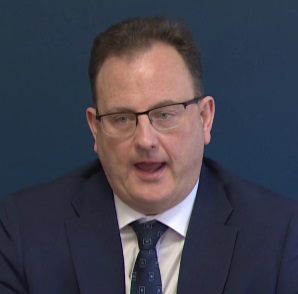
“The market has collapsed.” With crab season on the line, seafood producers’ association digs in its heels on price
Jeff Loder, executive director of the Association of Seafood Producers said Monday the crab market has softened in the past few weeks, and the group will not negotiate a new price with fishermen. “The market has collapsed. Prices need to reflect that,” he said. Loder said each day the industry is delayed, with fishermen in the Maritimes and Quebec already out on the water, the worse it is for everyone. “Snow crab is not selling. There’s a glut in inventory,” said Loder, speaking for the first time since the provincial price-setting panel set a minimum price of $2.20 Cdn per pound for harvesters, who responded with protests and say they can’t afford to fish for that price. “We need raw material to get those plants going, and to have any chance to compete with our competitors in Atlantic Canada, who are all fishing in Quebec, New Brunswick, Nova Scotia and P.E.I. at $2.25 a pound,” Video, >click to read< 16:00

Forget fall snow crab fishing; seafood consultant says it didn’t work before for Newfoudland and Labrador
It was an idea proposed by fish harvester Jason Sullivan. As Newfoundland and Labrador crab fishing boats remain tied up, their captains saying they can’t afford to fish for this year’s price of $2.20 a pound, the Bay Bulls inshore fisherman suggested waiting to fish in the fall might mean better prices. His theory is that holding off to fish until fall might give the market time to absorb the leftover inventory from 2022, and be a prime time to deliver fresh crab to consumers for the Thanksgiving and Christmas season. >click to read< 09:59
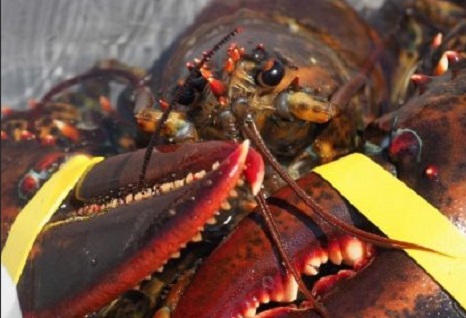
More cracks appear in government-controlled fish-pricing system; SEA-NL demands review of lobster-pricing formula
Seaward Enterprises Association of Newfoundland and Labrador (SEA-NL) demands the province review the way lobster is priced to the inshore fleet to determine whether enterprise owners are getting a fair market share. “The lobster-pricing formula pays fishermen as if their catch is being sold in the spring when the lobster may be kept in holding tanks and sold in the fall for much higher prices,” says Ryan Cleary, SEA-NL’s Executive Director. “An independent review will tell owner-operators whether they’re getting a fair market share for their lobster catches, because indications are they are not and the lobster-pricing formula is obsolete.” >click to read the press release< 10:59
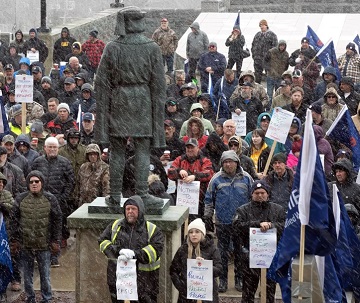
Newfoundland and Labrador crab fishery grinds to a halt as harvesters protest prices
It’s peak crab season in Newfoundland and Labrador, but hundreds of fishers spent Monday morning on land, hoisting fists and signs in the air outside the provincial legislature to protest what they say is an unlivable price for snow crab. Some in the crowd said they would much rather be out on the water than protesting. But harvesters are refusing to fish this season after prices were set at $2.20 per pound, a price they say favours fish processors over those who catch the fish. “Our money tree is the fishery of Newfoundland and Labrador, and it’s time for all Newfoundlanders and Labradorians to wake up, for that group of companies is stealing it out from under you!” yelled St. John’s fisher Glen Winslow, pounding his fist on the lectern at the top of the legislature steps. >click to read< 10:00
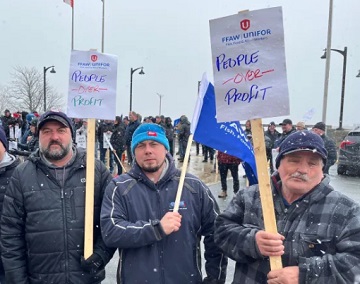
UPDATED: With their season on hold, fishermen protest low price of crab on the steps of the N.L. legislature
With the price of snow crab less than one-third of what it was a year ago, Newfoundland and Labrador’s fishermen are rallying on the steps of the provincial legislature Monday morning to demand government action on the province’s most lucrative fishery. Members of the Fish, Food & Allied Workers union say they can’t afford to fish crab at the $2.20 per pound set earlier this month. Fishing season is open, but harvesters are keeping their boats docked in the hopes of getting a higher price. >click to read< with live stream feed.
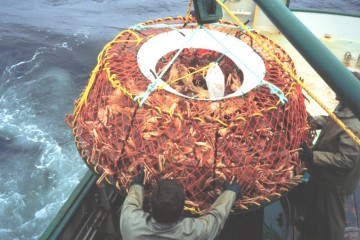
Price setting panel sets snow crab at $2.20 per pound — down over $5 from 2022 season
The Fish, Food and Allied Workers Union, which represents Newfoundland and Labrador’s inshore fishermen, had asked the panel for a price of $3.10, and say fishing at $2.20 per pound is unsustainable. FFAW president Greg Pretty said crab committees throughout the province have decided not to fish at $2.20 per pound, and will review their stance in the coming weeks. “There’s no appetite to go fishing for nothing,” Pretty told CBC Radio Thursday, calling the decision a catastrophe that rivals the cod moratorium of 1992. “You can’t get crew members for that. You can’t even pay crew members on that type of money…. There’s a net economic point where it doesn’t make any sense to fish, and that panel hit right on it. Spot on.”>click to read< 20:02
Panel Decision on Crab Signals Economic Crisis for NL
The Standing Fish Price Setting Panel announced their decision on the price of snow crab for the start of the 2023 fishing season, selecting the Association of Seafood Producer’s (ASP) second price submission of $2.20, over the Negotiating Committee’s price of $3.10. Crab Committees throughout the province have made the unanimous decision to not fish at the unsustainable price and will review this position in the coming weeks. “The Panel’s decision today has put our industry in the most precarious situation it’s ever been in. The Final Offer Selection (FOS) process has completely lost its way when bottom of the barrel prices are being selected without absolutely any merit,” says FFAW-Unifor President Greg Pretty. >click to read the press release< 15:25

Harvester and FFAW frustrations about snow crab prices looming ‘on the eve of the fishery’
It will be a few more days before Newfoundland and Labrador snow crab harvesters will find out what they will be paid for their catches. The province’s price setting panel is still reviewing the latest offers from the Fish Food and Allied Workers and the Association of Seafood Producers. However, it is becoming obvious that fishing incomes from crab this season will be half of what they were last season. The FFAW had promised to provide information about the new offers on Friday, but later backed down. That information blackout has led to more frustration among fish harvesters. >click to read< 13:03
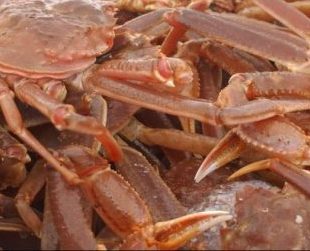
Hopes dashed for crab-pricing formula as union-producer talks end in failure
It started out six weeks ago as a rare show of unity between the fisheries union and seafood producers, but efforts to agree on a price formula for this year’s snow crab harvest have ended in failure. Jeff Loder, executive director of the Association of Seafood Producers, said in a press release issued Tuesday afternoon that the group couldn’t reach an agreement with the Fish, Food & Allied Workers union, which represents Newfoundland and Labrador’s inshore fishermen. “We negotiated in good faith with our best efforts to find a collaborative solution with the FFAW by defining a formula that works for both parties. Unfortunately, this was not possible,” says the release. >click to read< 15:37
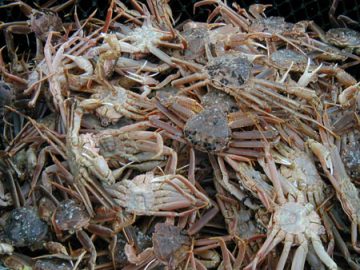
New leaders of FFAW and ASP pledge to work together for 2023 snow crab season
The Fish, Food & Allied Workers union and the Association of Seafood Producers have long butted heads over issues related to the fishing industry but say they’re facing historic challenges this season and want to avoid any problems from the outset. “In light of the challenges we are facing this year, we have agreed that our best approach is to collectively discuss the challenges the crab fishery is facing and to seek support from both levels of government to ensure that we have a successful crab fishery in 2023,” said Paul Grant, board chair of the seafood producers’ board, in a press release ahead of the media availability. >click to read< 11:41
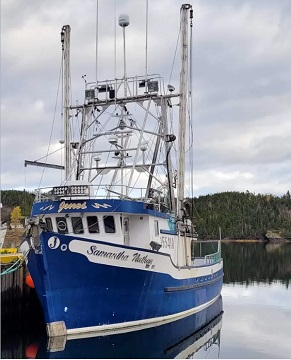
Left-over inventory and inflation could take a bite out of N.L. snow crab prices this year
Trevor Jones has been in the fishing business long enough to know you can’t predict the success of any year until the last pot is hauled and the nets are stored. Jones owns a 65-foot longliner, F/V Samantha Nathan, carrying on the family business that was started by his father. These past few years, snow crab has become the most important catch. Last year crab accounted for just over half the revenue for his enterprise. The record high prices, even with a drop to $6.15 a pound from $7.60 at the start of the season, helped buffer against the cancellation of the mackerel fishery and the no-go for capelin. >click to read< 10:10

N.L. snow crab sales to Japan displaced by Russia
While many countries are imposing sanctions on Russia as a result of the war in Ukraine, Japan is taking advantage of low Russian snow crab prices. Clifford Small, MP for Coast of Bays-Central-Notre Dame and federal fisheries critic, says that is preventing Newfoundland and Labrador processors from selling their crab to Japan, as they normally do. “To have one of our major markets dry up on us, and to dry up in a sense that basically they started buying from a country like Russia — that’s at war in Ukraine — flies in the face of what you’d expect from a great trading partner and an ally,” he said. >click to read< 15:44
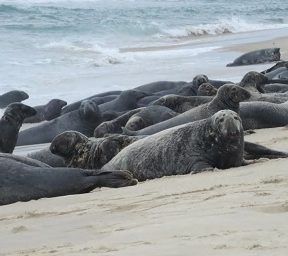
Federal Government Hosting Seal Summit in St. John’s
The federal government is hosting a Seal Summit in St. John’s this week to discuss product development and market innovation with various stakeholders. Seal populations off the coast of Newfoundland and Labrador have exploded with many in the fishing industry pointing to seal predation as one of the factors hindering cod recovery. As of last week, the location of the two-day summit still had not been released to media. >click to read< 12:08
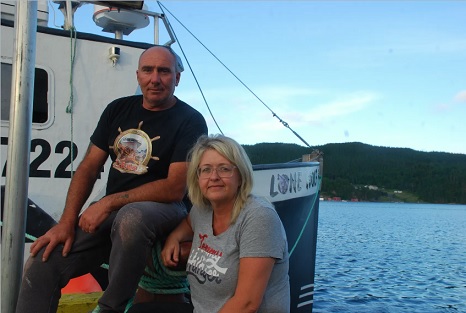
Multi-million dollar capelin fishery is a bust for eastern Newfoundland
The Lone Wolf is lying idle at the wharf in Hickman’s Harbour, Trinity Bay. The only sound is the lap of water against hull, the occasional screech of sea gulls flying past, hunting for food. Earlier this year the Department of Fisheries and Oceans (DFO) set a quota of around 15,000 metric tonnes for fishing zones from the south coast (area 3Ps) to the North East coast (2J, 3K and 3L zones). Inshore licenses, like the one the Marshes have, grant them just 12,000 pounds of crab. “This year we landed $82,000 worth,” she said. And that’s not a whole lot of money to pay a crew and cover the expenses of running a boat. “Last year I could fuel up my boat for $800,” she noted. “This year it costs $1600.” Capelin could have added another $30-40,000 to their seasonal revenue, making it the second most important fishery for their enterprise. But they’re not fishing it. Why not? It’s complicated. >click to read< 11:05
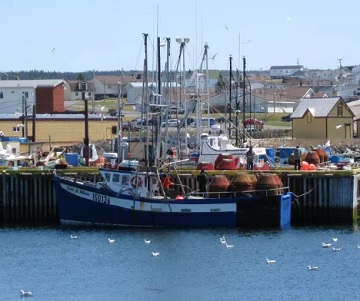
We’re not going anywhere — FFAW
According to Mr. Butler, fish harvesters in Newfoundland and Labrador are living like kings and queens while the poor processing companies struggle to balance the books. It’s a tale that’s been spun by Butler and his cronies with the Association of Seafood Producers since the onset of the COVID-19 pandemic. Ah yes, Derek Butler, champion of corporate profits, knows much about the rich shrimp harvesters of the Northern Peninsula (who, by the way, have no access to crab). They haven’t been able to sell their shrimp for enough to make ends meet, while the same companies buy the exact same product for over 50 per cent more at their facilities in Quebec. >click to read< 07:44






